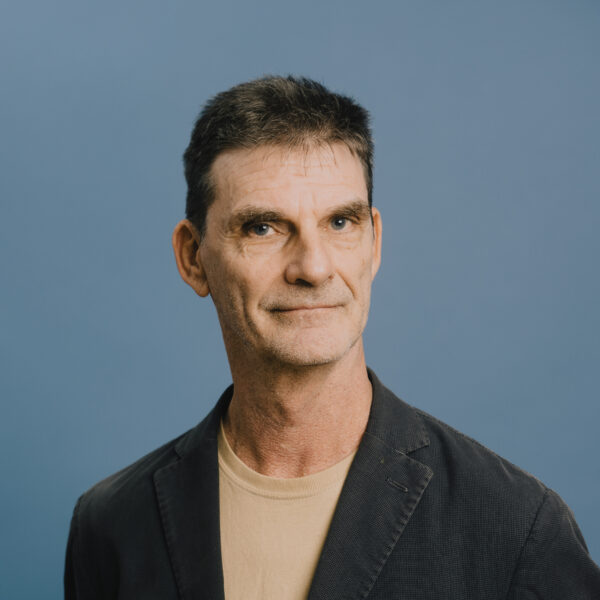A few years back, arriving at Jomo-Kenyatta-International-Airport in Nairobi, my travel companion could not, when asked, produce proof of his yellow fever vaccination. While I could and was allowed to proceed and to pick up my baggage, my companion was whisked away towards men in white coats to get his shot on the spot. When I met him later and asked about the vaccination, he casually explained that he paid for it but didn’t get it. He preferred to have it done by a doctor he trusts.
Reflecting on the future of international mobility in the times of the Covid- 19 pandemic, it is hard to imagine my travel companion getting another chance to negotiate his way out of such a situation. The pandemic has severely impacted international mobility and there is no reason to believe that it will return to what it was before 2020. The best indicators for the changing times are the ever-increasing number of newspaper articles that announce the imminent arrival of smart vaccination certificates as a prerequisite for future travel. Sometimes also referred to as immunity passports, they are intended to provide credible proof that the carrier has been vaccinated, has had a recent negative test or recovered from the disease.
Expecting a bonanza, many technology firms develop digital certificates that can be accessed on smartphones by employers, airlines, restaurant owners and others. But more importantly, governments are reflecting on how to manage domestic and international travel in the future. Like 9-11, this pandemic is likely to bring about profound changes to international mobility.
The modern system of international mobility, developed after World War II, is based on passports and visas. For the countries of destination, the system’s main objective was to ensure that short-term visitors would not extend their stay and remain illegally. In addition, a valid passport ensured that there is a country to which the traveller could return to – voluntarily or involuntarily. Visa requirements added vetting procedures to minimise the risk of undesired entry and manage specific mobility types, such as work, study, immigration, or refugee resettlement.
Terrorist attacks up to 9-11 and after that added a strong security dimension to the management of cross-border mobility. Since then, electronic readable passports, biometrics, data collection and mining, the use of AI, were introduced to enhance control and security. Advanced electronic notification systems, such as ESTA, are being deployed to prevent persons from travelling considered to be security risks.
The Covid-19 pandemic adds a new dimension to the management of international travel: public health and the objective to protect the population in transit and at a destination from being infected by the Covid-19 virus or variants that have already or are likely to emerge in the future.

The above figure shows the complexity of what is to be certified: Is the carrier of the digital certificate identical with the person travelling? What kind of test or vaccine is used and is it valid at the destination and for how long? Is the issuer of the certificate accredited and can it be trusted?
Given the circumstances, in international travel, the clearance for travel has to be issued before take-off. Sending the person back on arrival for health reasons will not be effective since the journey might already have led to infections in the plane, in transit, or on arrival. This means that the country of destination must accept the certificate issued in the country of departure. While IATA, ICAO and others are working on worldwide solutions, it is unlikely that governments will subscribe to them quickly. Rather, we should expect bilateral or regional solutions between certain countries. The European Union, for example, is working on a Green Certificate, which will be valid for travel within the block.
The OECD countries are likely to work on solutions that privilege travel between them – similar to the visa waiver systems already in place. As in the case of passports and visas, airlines will be enlisted to enforce their rules. This revamped system will leave many countries and populations of the Global South out. It so happens that the Covid-19 vaccination campaign is, thus far, benefitting mainly the OECD countries. Hence, the question arises how global mobility will look like in a world divided into two travel lounges:
- The first-class lounge will assemble a few countries with the resources available to vaccinate and treat Covid-19 infections, as well as the digital infrastructure necessary for a certificate and an ESTA-type health notification system.
- In the second-class lounge, we will find countries with low vaccination coverage and a high risk of new mutants of the virus emerging in the future, as well as a deficient digital infrastructure. Travellers in this lounge will face prolonged checks and procedures and, most likely, persisting quarantine obligations and travel restrictions.
Those at the bottom of the mobility hierarchy, persons without means of identification, refugees and displaced persons, migrants and informal travellers, will find no lounge at all. Who thought that (legitimate) public health considerations have the potential to become bricks in the Fortress Europe and Trump-style wall projects?
And while standardised digital vaccination certificates will play a key role in future cross-border mobility, even though it is unlikely that all countries will attach the same rights and procedures to them, certificates are also being introduced for domestic use. Here significant challenges await civil society too: How to fight exclusion by design and default and, instead, maintain the rights of those with limited or no access to vaccination, health and digital resources to public life, education, livelihoods and other socio-economic opportunities?
Time travel is a known feature of many sci-fi stories. It is still fiction. However, limited global mobility, for some much more limited than for others, is becoming a reality.








